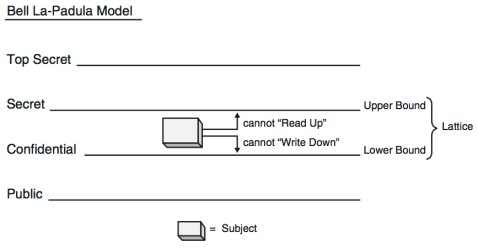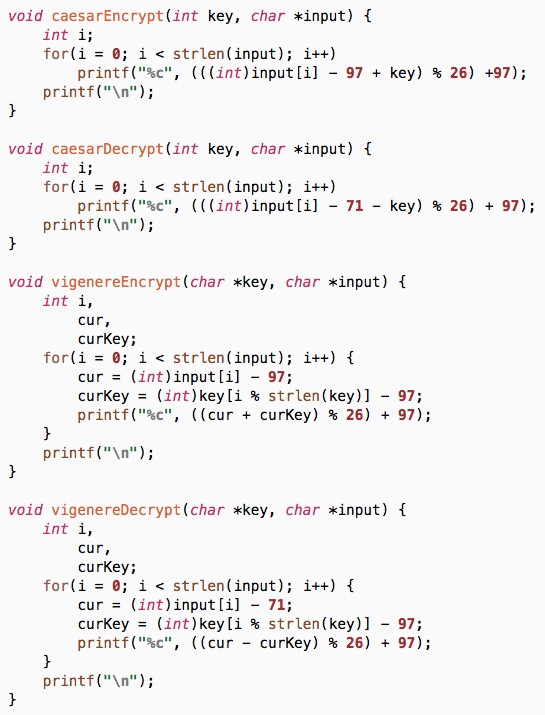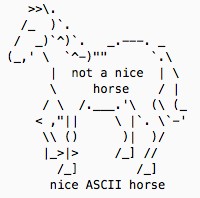--Originally published at Diego's Password
I want to focus this blog post on the talk we had last session. It was surprising and reveling that the bast majority of attacks are either social hacks or just due to mistakes and bad practices. Such as the password in the monitor.
I think it’s pretty clear what unintentional security issues are, at the end not everyone is prepared and has knowledge of the threats we all face everyday and how to protect ourselves. I want to talk about the ways that we as engineers and probably employers have to prevent this issues.

There’s a study from the Software Engineering Institute called Unintentional Insider Threats: A Foundational Study. I’ll link it here. It is very interesting, they talk specially about the human factor and common mistakes. I’ll base this blog post on that paper.
This paper is a research of the unintentional security issues, it’s reasons and how to prevent them. Here’s their definition.
An unintentional insider threat is (1) a current or former employee, contractor, or business partner (2) who has or had authorized access to an organization’s network, system, or data and who, (3) through action or inaction without malicious intent,1 (4) causes harm or substantially increases the probability of future serious harm to the confidentiality, integrity, or availability of the organization’s information or information systems.
Lets review the point number 3. It’s basically saying that it wasn’t the employee intention to harm the company, but he made an action that caused it. Going along with the article, it displays the specific actions that are causing the issues and in which percent. Some of the reasons investigated are the followings.
- Sensitive information posted publicly on a website, mishandled, or sent to the wrong party via email, fax, or mail.
- An outsider’s electronic entry acquired through social engineering and carried

 Continue reading "Unintentional Insider Threats"
Continue reading "Unintentional Insider Threats"






























 Lets talk about malware first. We all know what is it; a peace of software that runs without the user noticing it and making of course bad things. There are a lot of different kinds, so lets dive into it. The most common malware on the internet are trojans. The name Trojan horse comes from Homer’s Odyssey, which supposedly was a really nice present, or at least that appeared, but from the inside it was full of warriors. That is exactly wat a trojan is. It is a program that appears to be really nice to the user, but in reality it is full of malware.
Lets talk about malware first. We all know what is it; a peace of software that runs without the user noticing it and making of course bad things. There are a lot of different kinds, so lets dive into it. The most common malware on the internet are trojans. The name Trojan horse comes from Homer’s Odyssey, which supposedly was a really nice present, or at least that appeared, but from the inside it was full of warriors. That is exactly wat a trojan is. It is a program that appears to be really nice to the user, but in reality it is full of malware.



